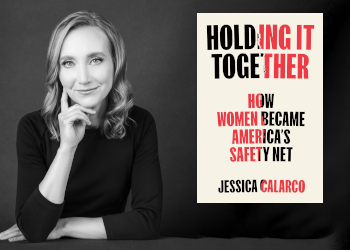Watch or Listen
Through the Institute and its Civics for Life initiative, we offer an ever-expanding library of online conversations and debates with policymakers, authors, and thought leaders showcasing the wide variety of ideas, questions, and concerns significant to citizens. The opinions expressed do not necessarily reflect those of the Institute.
Civil | Collaborative | Fact-based | Inclusive | Non-partisan | Objective
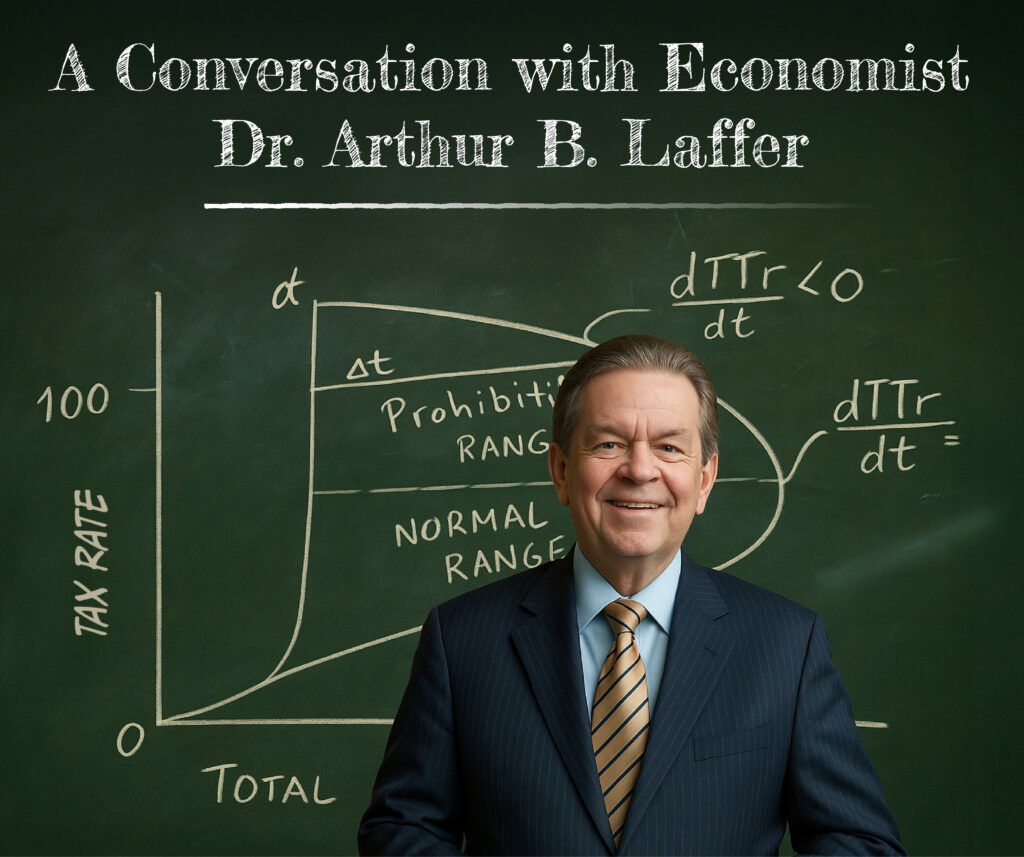
A Conversation on the Economy With Dr. Art Laffer
Economist Dr. Art Laffer-creator of the Laffer Curve and former advisor to Presidents Ronald Reagan, Bill Clinton, and several others-joined the Institute for a wide-ranging conversation about the state of the American economy and where it may be headed. From inflation and government spending to monetary policy and long-term growth, Dr. Laffer offered a signature…

The Economy: Tariffs, Inflation, and American Competitiveness
From trade wars to rising prices, America’s economic landscape is being reshaped by powerful forces. How do tariffs affect U.S. industry and global standing? With inflation cooling but uncertainty lingering, where are things headed next-and what does it mean for policy and growth? Economist John Cochrane joins the Institute to explore the pressures and policies…

Rediscovering Political Leadership, with John A. Burtka IV
The story is the same across much of the globe: citizens aren’t currently wild about their leaders. As John A. Burtka IV writes in the introduction to Gateway to Statesmanship, the “examples of elite failures are so ubiquitous that there is no reason to chronicle them all here.” Better, Burtka argues, to turn to history to “rediscover…
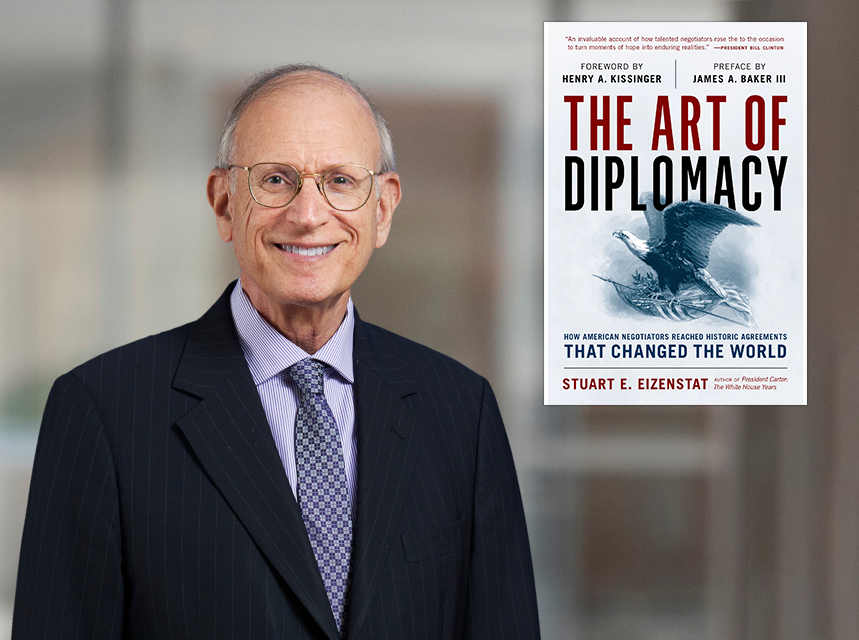
The Art of Diplomacy, with Ambassador Stuart E. Eizenstat
Ambassador Stuart E. Eizenstat has served in six U.S. administrations, Democrat and Republican, holding senior positions such as Chief White House Domestic Policy Advisor, U.S. Ambassador to the European Union, and Deputy Secretary of the Treasury. He recommended to President Jimmy Carter a Presidential Commission on the Holocaust, headed by Elie Wiesel, which led directly to…

November 2024 General Election: How Are Secretaries of State Preparing Nationwide?
50 states are each in charge of their elections. Join the O’Connor Institute and National Association of Secretaries of State (NASS) to learn how our nation’s elections officers are preparing for the November 5th election. How are the elected officials in charge of American elections preparing for November? Click to Listen Click to Watch Play…
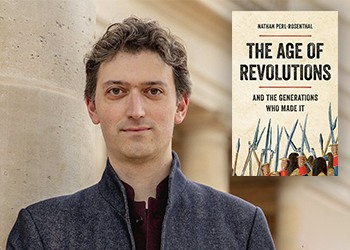
Talking Revolution, with Nathan Perl-Rosenthal
“The Age of Revolutions is a tremendous achievement that will shape scholarly and public debate for decades to come.“– Wall Street Journal There is broad scholarly agreement that our current political world owes much to what Thomas Paine was the first to call the “age of revolutions”—that is, the several late eighteenth- and early nineteenth-century decades during…

The Future of Urban America
Empty office buildings. Workforce changes allow for more remote work. American downtowns are struggling. The pandemic-led changes in where and how we work and live have weakened and withered many urban cores. The office vacancy rate in Houston is some 26 percent; in Phoenix it is above 20 percent. This shift means fewer workers, fewer…

“What’s the Deal with the Electoral College?”
Perhaps no extant product of the U.S. Constitution has received more bipartisan animus than the Electoral College. Since 1800 there have been more than 700 proposals introduced in Congress to amend or eliminate the way in which America chooses its presidents. Yet the Electoral College lives on. Why do we have this system? Why does…

Water and the West
Some 40 million people in the American West rely on water from the Colorado River. But the river’s flow has diminished, and those decreases will likely continue. What does this mean for the American West in general and Arizona in particular? Will booming metro areas-Maricopa County, for example-have to halt their growth? Will vast expanses…
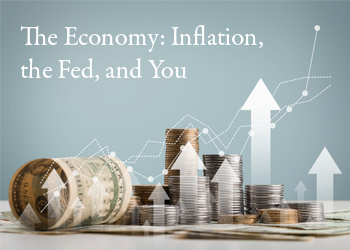
The Economy: Inflation, the Fed, and You
A Three-Part Webcast Series Inflation in America is happening for the first time in forty years. Why have prices gone up, and when might they come down? What role do monetary policy, the Federal Reserve and legislators play? And how is inflation playing out regionally and affecting you? Episode One: Why Inflation Happens John Cochrane,…
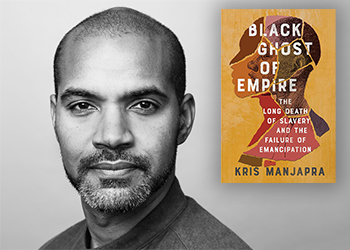
Emancipation’s Complicated History, with Kris Manjapra
Emancipation in America is often presented as a single and singular undertaking. But Professor Kris Manjapra’s new book, Black Ghost of Empire, complicates that story by situating America’s national emancipation in a long line of global emancipations–including the first emancipations, which occurred in America’s North in the late 18th century–that were in many ways structured to benefit…
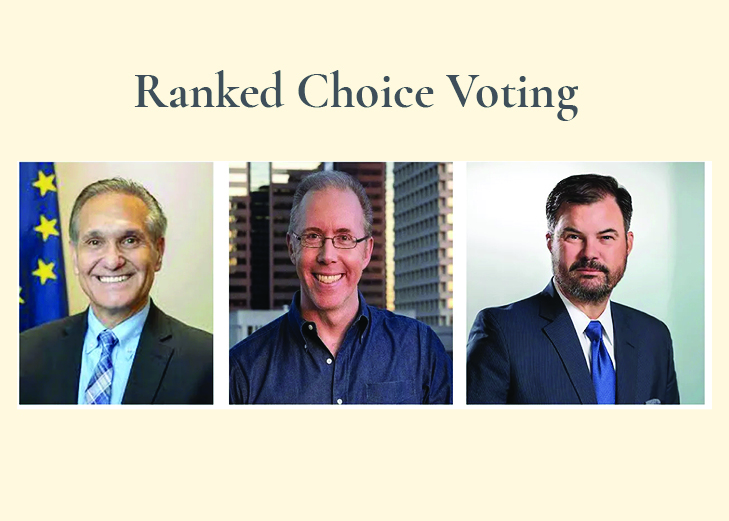
The Pros and Cons of Open Primaries and Ranked Choice Voting
Do open primaries and ranked-choice voting have the potential to improve American elections, or will they create more problems than they solve? Kevin Meyer, former lieutenant governor of Alaska, 2018-2022; Steve Goldstein, executive director of Save Democracy; and Jaime Molera, former Arizona superintendent of public instruction join the O’Connor Institute Civics for Life webcast to discuss the issue. Click…


